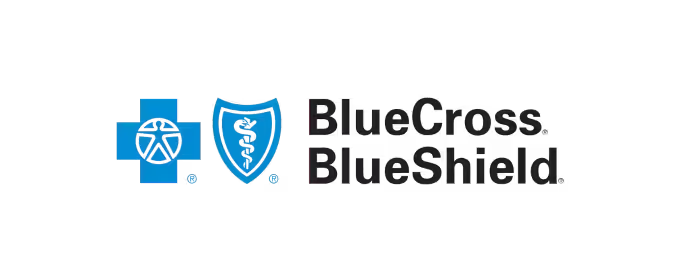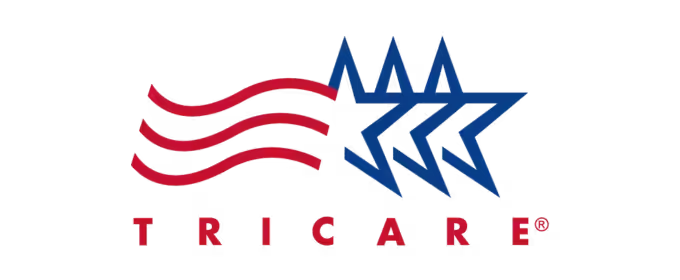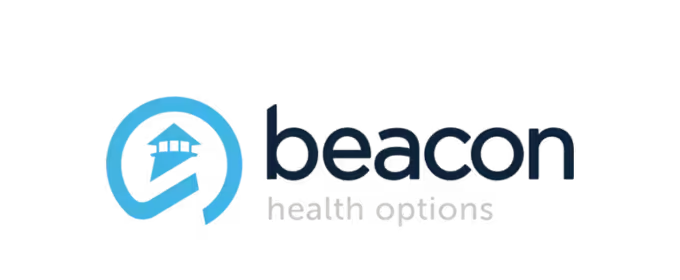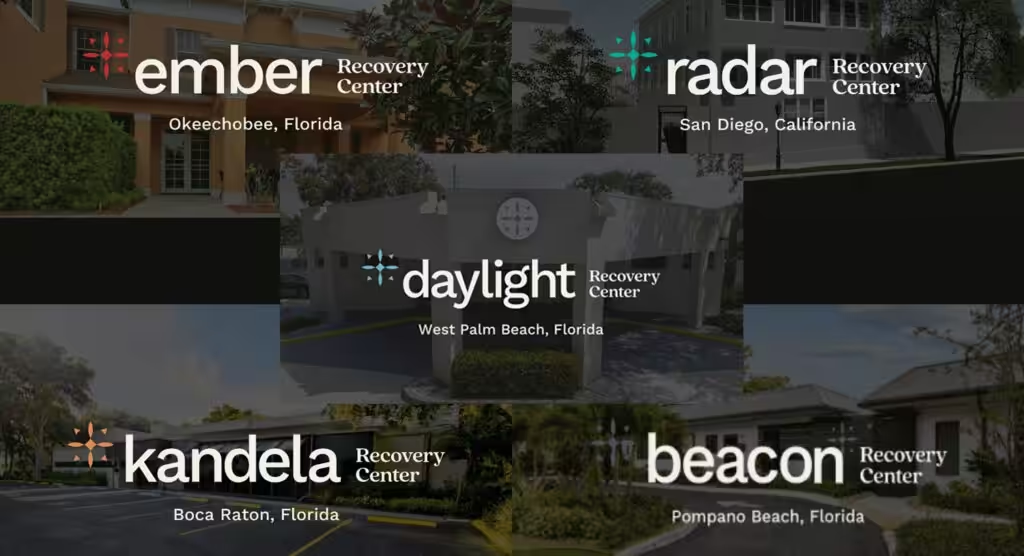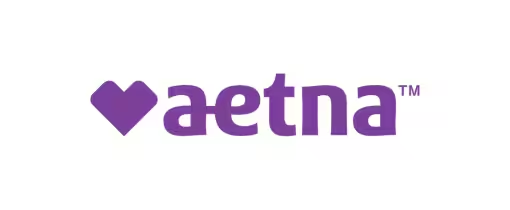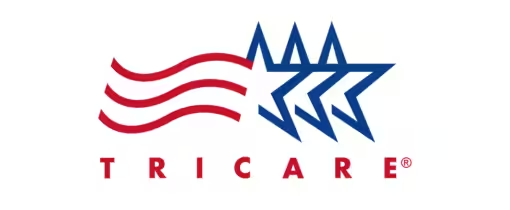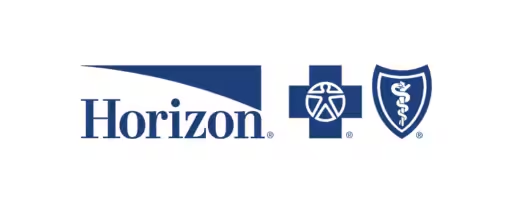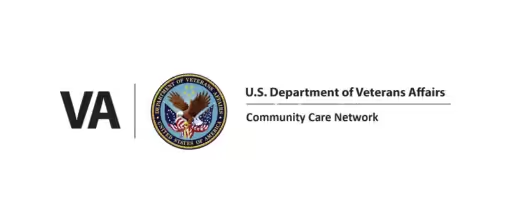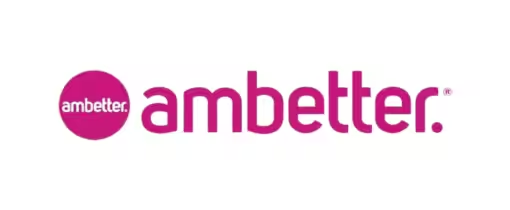Effects Of Inhalant Abuse And Withdrawal
Exposure to inhalants is a common hazard for every household. The chemical vapors emitted by typical household products such as nail polish and spray paint are highly addictive and could lead to adverse side effects, like slurred speech and muscle weakness. Inhalant abuse mainly damages the central nervous system, where harmful chemicals invade the body and alter the person’s mind, entering a euphoric state. While the high only lasts for a few seconds, people extend its duration by continuously inhaling for an extended period. Depending on the duration of Inhalant abuse, the signs and symptoms of Inhalant withdrawal are harmful to the person, with short-term effects like agitation and loss of appetite and long-term effects such as depression, anxiety, and psychosis.
About Inhalant Treatment
Teenagers are the usual victims of inhalant abuse, as lacking the proper knowledge of these substances could develop an addiction. Inhalant Treatment serves as a gateway to recovery from inhalant addiction. It is commonly done through behavioral and cognitive therapy to rehabilitate the patient from the use of inhalants. Another form of inhalant treatment is detoxification. This is conducted when the patient has suffered from inhaling inhalants for an extended period and continually suffering the long-term effects of these harmful chemicals that the therapy cannot cure.
Flyland Is An Inhalant Treatment Center
With more and more individuals being exposed to inhalants, the rate of inhalant abuse continues to grow. Flyland is established to provide treatment to the victims of inhalant addiction through behavioral and cognitive therapy and detoxification programs. The institute is committed to providing safe and effective inhalant treatment services as part of Flyland’s mission to promote patients’ health and welfare to enable them to be free from inhalant addiction. The process of completely removing inhalants from your system may take a while, and you may encounter inhalant withdrawal symptoms, like nausea and loss of appetite. In an effort to combat this problem, Flyland is composed of healthcare experts and licensed therapists dedicated to providing you with the utmost care and support you need in dealing with inhalant withdrawal symptoms.
We Provide A Safe Inhalant Withdrawal Schedule
Inhalant withdrawal symptoms can range from mild to severe, including nausea, sweating, mood changes, and sleep disorders. Our programs ensure that you get the Inhalant withdrawal treatment you deserve by providing a safe Inhalant withdrawal schedule to counteract the Inhalant withdrawal symptoms. Patients get up to a month-long Inhalant withdrawal treatment plan depending on their situation and medical needs, with severity being the primary factor determining the length of their schedule. The patient’s Inhalant withdrawal schedule is determined after diagnosis from our psychiatrists and is conducted by our team of professionals to provide you with a safe, secure, and confidential Inhalant withdrawal treatment throughout your Inhalant withdrawal timeline.
The Best Inhalant Treatment Programs
With the goal of being the premier Inhalant treatment center, Flyland is committed to offering Inhalant treatment programs that match the highest industry standards. We gain the trust of our patients by providing them with the greatest inhalant therapy possible on a continual basis. In Fyland Detox, we’ve covered everything from behavioral and cognitive treatment to detoxification and all in between. Inhalant withdrawal syndrome therapy is accessible for individuals who are suffering from the symptoms of Inhalant withdrawal and may assist them in overcoming their difficulties with only the best treatments available.



